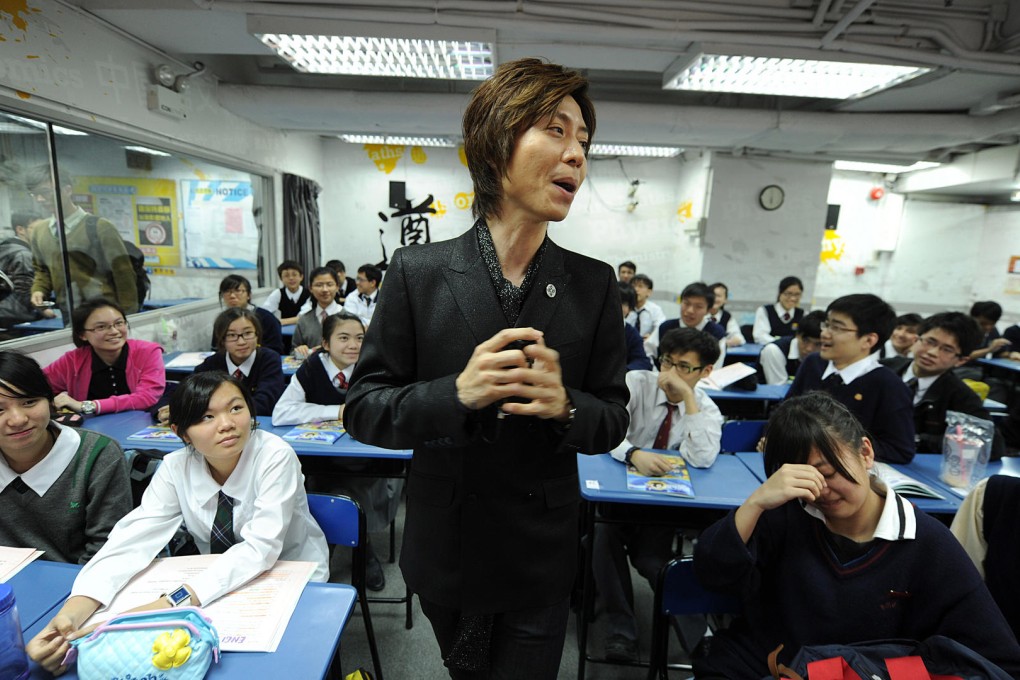From China's public-exam meritocracy to tutorial-college tsunami
Hong Kong’s tutorial-college industry has been built on the ruthless demand for good grades, regardless of character, writes Jason Wordie

Socio-economic mobility through meritocratic public examinations has been a noted feature of Chinese society for thousands of years. Enlightenment-era thinkers, such as Voltaire, admired the Chinese ideal of administration by the most intellectually competent, rather than by a series of (possibly hopeless) hereditary aristocrats. Europe’s 19th-century civil service examination reforms were partially modelled on this philosophy.
In contemporary Hong Kong, pressure to pass public examinations has spawned an enormously profitable industry.
Tutorial colleges possess an honesty lacking in the rest of Hong Kong’s education sector, from kindergartens to universities.
Pretence is absent. Warm-sounding “mission statement” eyewash about “making a difference” and “developing the whole person” is refreshingly nonexistent.
Students enrol to gain the skills necessary to pass public examinations. This blunt reality further reinforces widespread perceptions that the local education system is not about learning to think; candidates are simply required to pass a series of hypercompetitive memory tests. If an intellectual framework for future independent progression is accidentally provided along the way, then so much the better.

Profit-driven businesses first and foremost, tutorial colleges unashamedly operate on raw free-market principles. If a reasonable proportion of their students pass the public exams, a local reputation for success develops and they prosper. And if they do not, the college in question swiftly folds – it’s as simple as that.